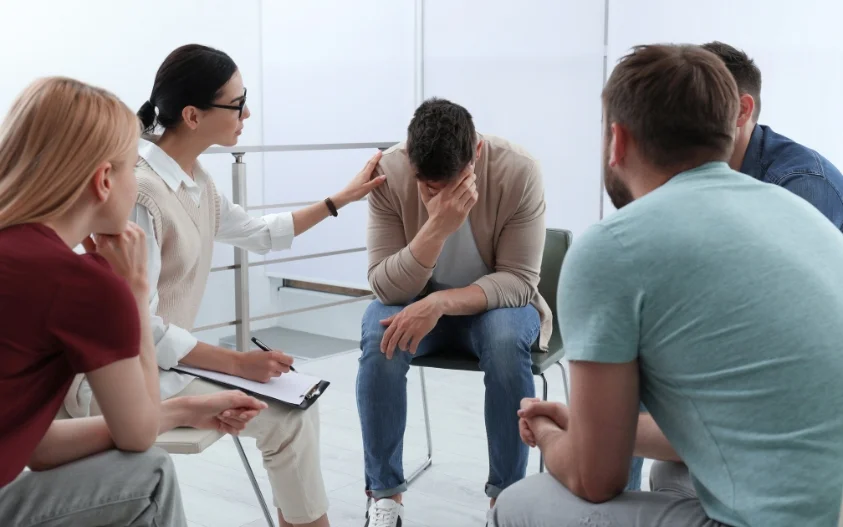24/7 Helpline:
(866) 899-111424/7 Helpline:
(866) 899-1114
Learn more about Opioid Rehab centers in Greeneville
Opioid Rehab in Other Cities

Frontier Health – Nolachuckey Holston Area Mental Health Center
Frontier Health - Nolachuckey Holston Area Mental Health Center is located in Greeneville, Tennessee...

U Turn For Christ
U-Turn For Christ is a residential facility that offers treatment for individuals with a Substance a...

CCS – Comprehensive Connections – Outpatient
Comprehensive Community Services (CSS) - Outpatient is located in Greeneville, Tennessee. Comprehens...







Takoma Regional Hospital – Behavioral Health
Takoma Regional Hospital – Behavioral Health is a private rehab located in Greeneville, Tennessee. T...





Other Insurance Options

BHS | Behavioral Health Systems

BlueCross

Horizon Healthcare Service

Evernorth

CareSource

Optima

Excellus

Self-pay options

Magellan

Kaiser Permanente

United Health Care

AllWell

MVP Healthcare

Group Health Incorporated

Meritain

Ambetter

WellCare Health Plans

MHNNet Behavioral Health

Lucent

Access to Recovery (ATR) Voucher